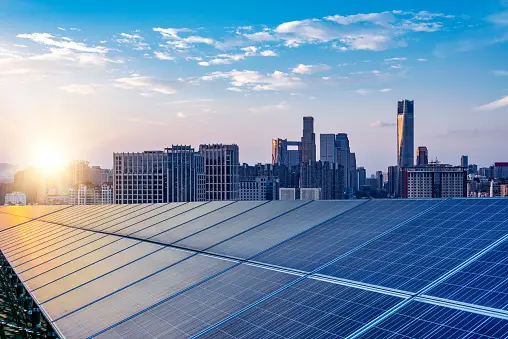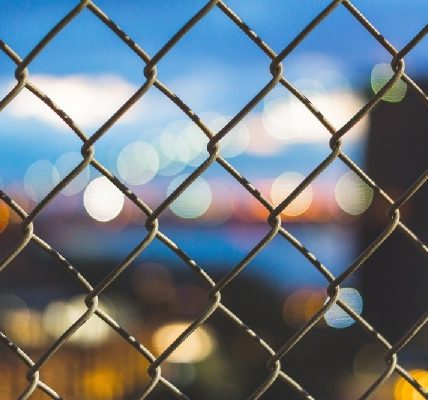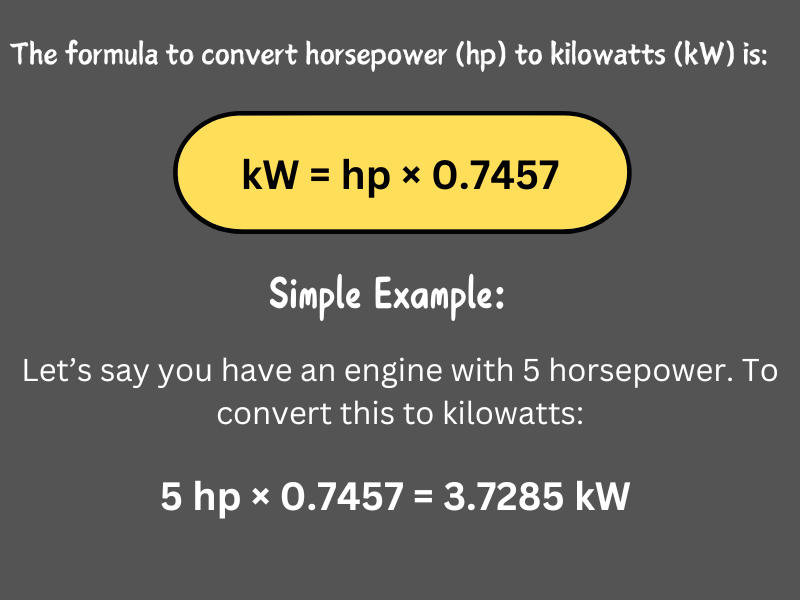The solar industry in Virginia is growing at a rapid pace, with numerous residential, commercial, and utility-scale solar projects taking place across the state, including prominent areas like Virginia Beach. As the industry expands, the importance of stringent safety measures becomes paramount to protect workers, consumers, and the environment. This article delves into the various safety protocols and practices that
solar companies in Virginia adhere to, ensuring a safe working environment and a reliable solar installation.
Regulatory Compliance
1. Federal and State Regulations
Solar companies in Virginia are subject to a range of federal and state safety regulations. Federally, the Occupational Safety and Health Administration (OSHA) sets and enforces standards that are crucial for protecting workers from occupational hazards. At the state level, Virginia’s Department of Labor and Industry plays a similar role, enforcing safety regulations and conducting inspections.
2. National Electrical Code (NEC)
The NEC provides guidelines on the safe installation of electrical wiring and equipment, which is directly applicable to the installation of solar panels and related equipment. Compliance with the NEC helps prevent electrical hazards, ensuring that all electrical components are installed with safety in mind.
3. Local Building Codes
In addition to federal and state regulations, solar companies must comply with local building codes. These codes often vary from one municipality to another and can influence how solar panels and systems are installed, including structural and fire safety considerations.
Worker Training and Education
1. Certification and Training Programs
Solar companies invest significantly in training their workforce. This includes certification programs like those offered by the North American Board of Certified Energy Practitioners (NABCEP), which are designed to educate installers on the best practices in solar installation, including safety measures.
2. Safety Workshops and Seminars
Regular workshops and seminars are held to keep solar installation teams up-to-date on the latest safety standards and practices. These sessions cover a wide range of topics, from electrical safety to fall protection.
3. On-Site Safety Officers
Many large solar installation projects employ dedicated safety officers. These professionals are responsible for monitoring compliance with safety protocols on-site and conducting regular safety audits.
Protective Equipment
1. Personal Protective Equipment (PPE)
Solar installers are required to wear appropriate PPE, which may include helmets, gloves, eye protection, and protective footwear. This equipment protects them from electrical shocks, falls, and other potential injuries.
2. Specialized Gear for Height Work
For installations that require working at heights, such as on rooftops or tall structures, additional safety gear is essential. This includes harnesses, lanyards, and other fall-arrest systems.
Safety Protocols for Installation and Maintenance
1. Risk Assessment
Before any installation begins, a thorough risk assessment is conducted. This assessment identifies potential safety hazards and determines the necessary precautions to mitigate these risks.
2. Electrical Safety Measures
Electrical safety is a critical focus area due to the inherent risks associated with handling photovoltaic systems. Lockout/tagout procedures are rigorously enforced to ensure that electrical systems are safely de-energized during installation or maintenance.
3. Emergency Preparedness
Solar companies are required to have emergency response plans in place. These plans include procedures for handling fires, electrical emergencies, and injuries. Regular drills are conducted to ensure that all team members know how to act in case of an emergency.
Continuous Monitoring and Auditing
1. Regular Safety Audits
Regular audits are essential to ensure ongoing compliance with safety standards. These audits are conducted by internal safety officers or external auditors who provide an unbiased review of safety practices.
2. Incident Reporting and Analysis
All safety incidents are carefully documented and analyzed. This analysis helps companies understand what went wrong and how similar incidents can be prevented in the future.
3. Feedback Mechanisms
Employees are encouraged to provide feedback on safety practices. This feedback is crucial for continuous improvement and helps identify potential areas of risk that may not be evident during regular audits.
Community and Environmental Safety
1. Environmental Protection Measures
Solar companies in Virginia are committed to not only the safety of their workers but also to the protection of the environment. Measures are taken to minimize the impact on local wildlife and habitats during installation.
2. Public Safety Communications
For projects that involve community areas or high traffic locations, solar companies engage with local communities to communicate any potential risks and the measures taken to mitigate them.
Conclusion
Safety is a critical concern for solar companies operating in Virginia. From compliance with complex regulatory frameworks to the implementation of rigorous training and protective measures, these companies are dedicated to maintaining high safety standards. As solar technology continues to evolve and expand, particularly with installations in and around areas like
solar panels Virginia Beach, the industry’s commitment to safety becomes even more essential. By adhering to these practices, solar companies in Virginia not only protect their workers but also contribute to the broader acceptance and success of solar power as a safe and sustainable energy solution.























